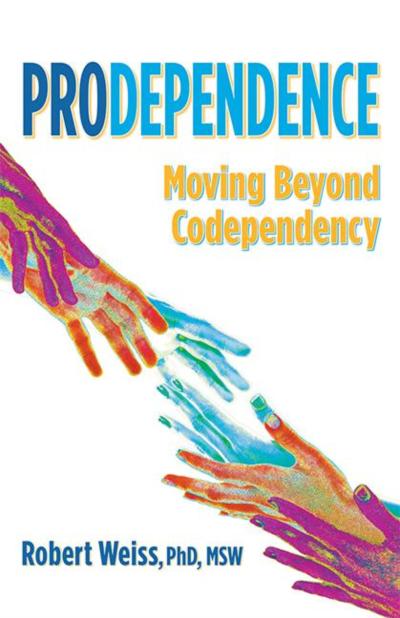Over the years, partners and other loved ones of sex, porn, and love addicts have generally been treated using the “codependence” model, a model that views loved ones of sex addicts as inherently traumatized, out of control, and overly obsessed with their troubled loved one. Unfortunately, for many partners and loved ones of sex addicts, this feels negative, as if they’re being blamed, shamed, and pejoratively labeled for loving too much, or not in the right way, or for selfish reasons. And when they are coached to “detach with love” as a way of overcoming their supposed codependence on the sex addict, that too feels misguided and off-putting.
Over the years, many partners and loved ones of sex addicts have sought professional assistance for dealing with the trauma of betrayal that occurs with sexual addiction and compulsivity. In the therapy office, they’ve told their story, and they’ve immediately been told they need to back away from the addict and focus on themselves and their own recovery, and that if they don’t do that they’re enabling and maybe even escalating their partner’s problems. To which they say:
- My partner is a sex addict, and you’re telling me that I’m the one with issues?
- You’re saying that if I don’t step away from my sexually compulsive partner that I’m keeping him/her stuck in the addiction?
- I love this person, and you want me to just walk away and leave him/her to sink or swim without my assistance?
Is it any wonder that the codependence model tends to be poorly received by partners of sex addicts? If you’re the partner of a sex addict, instead of being judged and pathologized you want and need to be acknowledged and supported by your therapist. Instead of being told that you’re part of the problem and your efforts to help are crazy, you need your therapist to recognize you’re in crisis (courtesy of your partner’s addiction) and your occasionally unproductive efforts to help are typical of people in crisis. Instead of being advised to “detach with love,” you need your therapist to help you take better care of yourself and to set boundaries that will benefit both yourself and your sexually addicted loved one.
 This is what occurs with the newly developed treatment model called prodependence. Prodependence, conceptualized and codified in book form by Dr. Robert Weiss views caregiving loved ones of sex addicts not as enmeshed enablers in need of serious psychotherapeutic work, but as heroes for continuing to love, help, and remain attached despite the debilitating presence of sexual addiction.
This is what occurs with the newly developed treatment model called prodependence. Prodependence, conceptualized and codified in book form by Dr. Robert Weiss views caregiving loved ones of sex addicts not as enmeshed enablers in need of serious psychotherapeutic work, but as heroes for continuing to love, help, and remain attached despite the debilitating presence of sexual addiction.
Instead of blaming, shaming, and pathologizing partners of sex addicts, instead of telling you that your actions are being driven by unconscious attempts to heal your unresolved early-life trauma, prodependence says, “You’re a wonderful person for putting so much effort into helping your sexually addicted partner. It’s possible, however, that you’re not doing that as effectively as you might. And who could blame you for that? It’s hard to worry about loving someone in the best possible way when you’re in the middle of a disaster zone. If the house is burning down, you grab your loved one and drag that person out of the fire, and you don’t worry about whether you’re grabbing too hard, or in a way that hurts. But now that you’re in therapy, we can slow things down and figure out how you can help your partner more effectively—in ways that might be more helpful to you, to the addict, and to your relationship, and that won’t cause you to feel so overwhelmed.”
To learn more about prodependence, visit the prodependence website.
